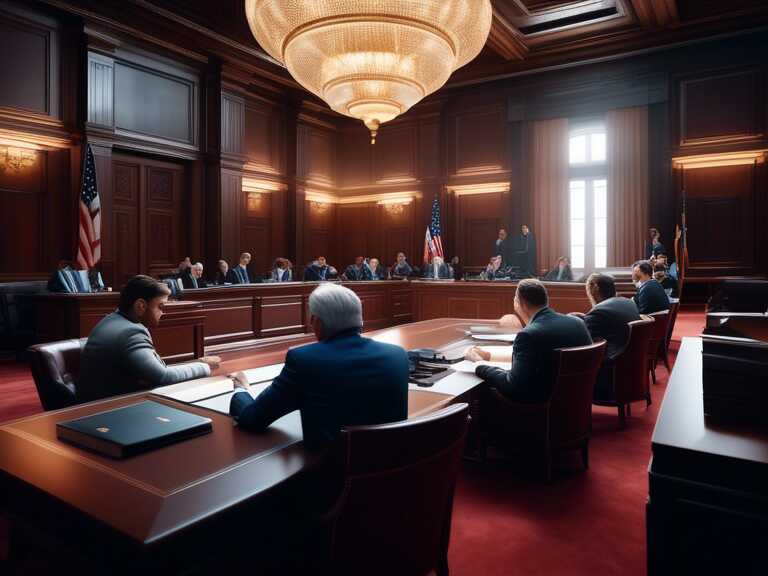
Congressional Members Educate Themselves on AI to Shape Future Regulations
Virginia Democrat Don Beyer educates himself about AI, pursuing a master's degree in machine learning to navigate its benefits and risks.

In a rapidly evolving technological landscape, members of the U.S. Congress are taking strides to educate themselves about artificial intelligence (AI) in order to craft effective laws and regulations that govern its development and use.
Don Beyer, a 73-year-old representative from Virginia, is breaking the mold by enrolling in a master’s program in machine learning at George Mason University. His decision reflects a broader effort among lawmakers to familiarize themselves with AI as the implications of this technology become increasingly significant.
While some view AI as a transformative force, others see it as a potential threat to democracy and humanity. However, lawmakers are grappling with the task of comprehending the nature of AI and its potential risks and benefits. Representative Beyer, an AI optimist, emphasizes the need to address existential risks such as job displacement, biased algorithms, and the spread of deepfake content.
Regulating AI
The challenge lies in striking a balance between fostering AI's potential while mitigating its dangers. This calls for input from various stakeholders, including tech companies, critics of the industry, and the sectors AI may impact. Representative Jay Obernolte, an AI Task Force chairman, highlights the importance of lawmakers understanding the technology, drawing parallels with their involvement in complex legal and scientific matters.
Lawmakers are leveraging formal resources such as academic programs and the expertise of specialized staff. Moreover, they are benefiting from briefings by interest groups and lobbyists, contributing to their understanding of AI's intricacies.
Representative Beyer's commitment to learning computer code not only enhances his grasp of AI but also influences his approach to legislative and administrative tasks, demonstrating the practical relevance of AI education for lawmakers.
Implications for Various Sectors
Chris Pierson, CEO of cybersecurity firm BlackCloak, underscores the necessity for lawmakers to comprehend AI's impact on diverse sectors, from the economy and national defense to healthcare, education, and privacy rights.
While the executive branch has taken initial steps to regulate AI, the U.S. is striving to catch up with the European Union, which has enacted pioneering rules governing AI development and use. Lawmakers are now tasked with formulating bipartisan measures to address AI risks and benefits.
To facilitate informed discussions, Congress has established an AI task force and a caucus, inviting experts from various fields to provide insights on AI's implications. Representative Anna Eshoo, the Democratic chairwoman of the caucus, has introduced legislation aimed at regulating deepfakes generated using AI, demonstrating Congress's commitment to navigating the complexities of this technology.
Ultimately, the goal is to foster a comprehensive understanding of AI among lawmakers, enabling them to make informed decisions and craft regulations that harness the potential of AI while mitigating its risks.
Share news















